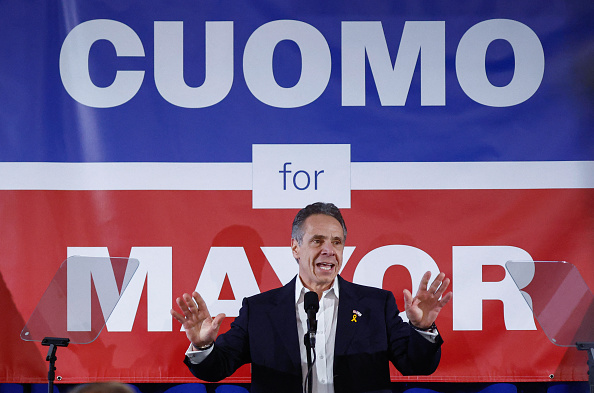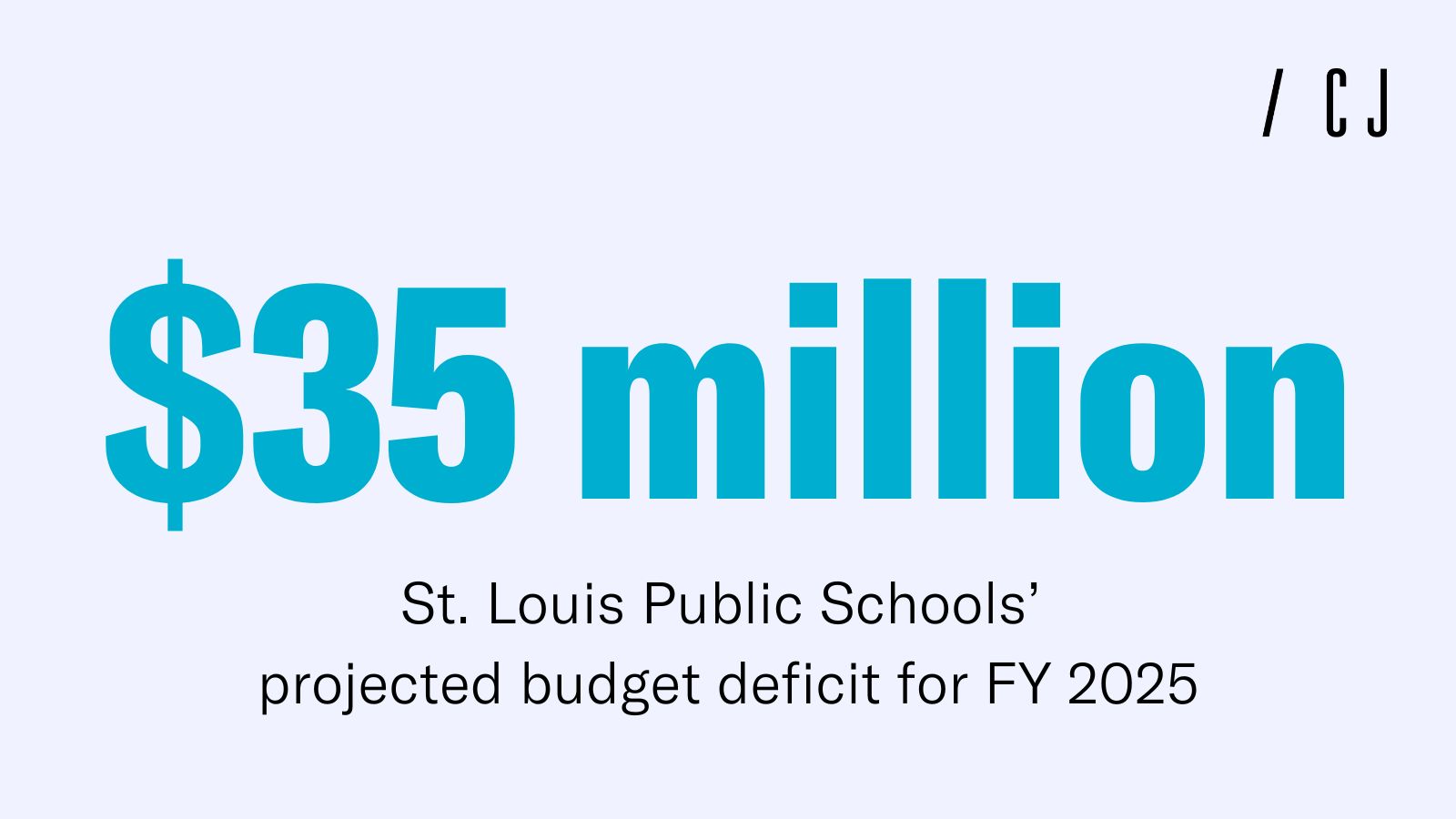|
Forwarded this email? Sign up for free to have it sent directly to your inbox. |
|
|
Good morning,
Today, we’re looking at Andrew Cuomo’s now-official run for New York City mayor, the president’s executive power, lawsuits against anti-Israel activists, Trump’s tariffs, FDA commissioner-nominee Marty Makary, an obit for journalism, and Hannah Arendt’s poetry.
Don’t forget to write to us at editors@city-journal.org with questions or comments. |
|
|
Andrew Cuomo’s entry into New York City’s Democratic mayoral primary has upended the race, turning it into a fight between two moderates: the scandal-plagued incumbent Eric Adams and the former governor, who carries a reputation for both building and bullying.
With unions and key voter blocs breaking toward him, Cuomo now leads the field—but his past scandals, opposition from progressives, and Republican attacks on his public-safety record could still derail his candidacy.
John Ketcham analyzes whether Cuomo can pull off a dramatic political comeback. And if he does win, could a run for the White House be in the cards for 2028? |
|
|
Article II of the Constitution is clear: “The executive power shall be vested in a president of the United States of America.” But in the early days of Donald Trump’s second presidency, his opponents are challenging his ability to staff the executive branch, often relying on decades-old Supreme Court decisions that undermine the plain constitutional text.
In a new piece, Manhattan Institute Senior Fellow Ilya Shapiro argues that the Left’s legal challenges to Trump’s firings of executive branch employees could give the Court a chance to restore unitary executive authority. Over the last 15 years, Shapiro notes, the Court has increasingly refused “to let Congress restrict the president’s personnel power.” These new cases could allow the Court’s conservative majority to vindicate our constitutional structure.
Read Shapiro’s piece here. |
|
|
The Hamilton Lincoln Law Institute recently filed two lawsuits against anti-Israel activists allegedly involved in illegal highway blockades. The Department of Justice should take note, argues Anita Kinney, recent graduate of Northwestern University’s Pritzker School of Law. “The shutdowns may have ended, but the people and organizations responsible for them have continued to target Jews across the United States,” she writes.
|
|
|
“The Trump administration has three objectives related to America’s position in the international monetary system,” writes Joshua Hendrickson, chair of the University of Mississippi’s Department of Economics. “First, it wants to maintain but reduce the financial burdens associated with the U.S.’s leading role. Second, it wants to get our national debt on a more sustainable path. Third, it wants to restore America’s industrial capacity.” Read his take on how tariffs are just one piece of the administration’s broader economic strategy.
|
|
|
FDA commissioner-nominee Marty Makary’s recent book, Blind Spots, offers insight into how he might lead the agency, writes Josh Morrison, co-founder and President of 1Day Sooner. Read his review here. |
|
|
Andrey Mir, author of Postjournalism and the Death of Newspapers, writes that an obituary for the American press is long overdue. “The decline of trust in the media didn’t occur because journalists adhered to the ‘view from nowhere’ for too long, but rather because they enthusiastically abandoned any attempts even to simulate objectivity, hoping to profit from moral stances,” he argues.
|
|
|
Few know that German Jewish political philosopher Hannah Arendt wrote poems. They have been compiled into a new volume, which Suzanna Murawski, Hilton Kramer Fellow at The New Criterion, reviews here. |
|
|
“As a child of the 60s, like everybody else, I was a big fan of the Gemini and Apollo programs. When was the last time NASA launched anything, except a new DEI program?
Now, I sit out on my deck and watch Elon Musk launch rockets into space two or three times a week.
Someone else has got this now, and it isn’t NASA.” |
|
|
Photo credits: KENA BETANCUR / Contributor / AFP via Getty Images |
|
|
A quarterly magazine of urban affairs, published by the Manhattan Institute, edited by Brian C. Anderson. |
|
|
Copyright © 2025 Manhattan Institute, All rights reserved. |
|
|
|





